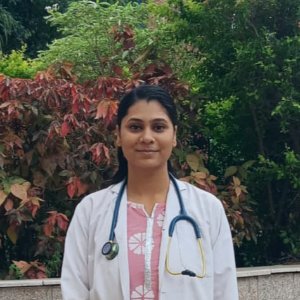Frequently Asked Questions
They offer preventive care, routine check-ups, chronic disease management, women’s and children’s health services, vaccinations, and lifestyle counselling. They also treat common illnesses like infections, allergies, and digestive problems.
A family doctor can manage most health concerns in one place. They provide continuity of care, understand your family’s medical history, and refer you to specialists when necessary.
Yes, they treat infants, children, adolescents, adults, and elderly patients. This makes them ideal for families who want a single doctor to manage everyone’s health needs.
Yes, they regularly monitor and manage conditions such as diabetes, hypertension, thyroid disorders, asthma, and arthritis, helping patients maintain better health.
They can manage minor emergencies like cuts, sprains, and sudden illnesses. For serious emergencies, they provide initial stabilisation and guide patients to hospitals or specialists.
Yes, they provide care for menstrual health, pregnancy-related guidance, and menopause management. If specialised care is needed, they may refer patients to gynaecologists.
Check the doctor’s qualifications, experience, patient reviews, clinic accessibility, and whether you feel comfortable discussing your concerns with them.
Yes, they give practical advice on diet, exercise, stress management, and healthy habits to prevent long-term health issues.
Yes, they coordinate care with cardiologists, endocrinologists, paediatricians, or other specialists when advanced treatment is required.


